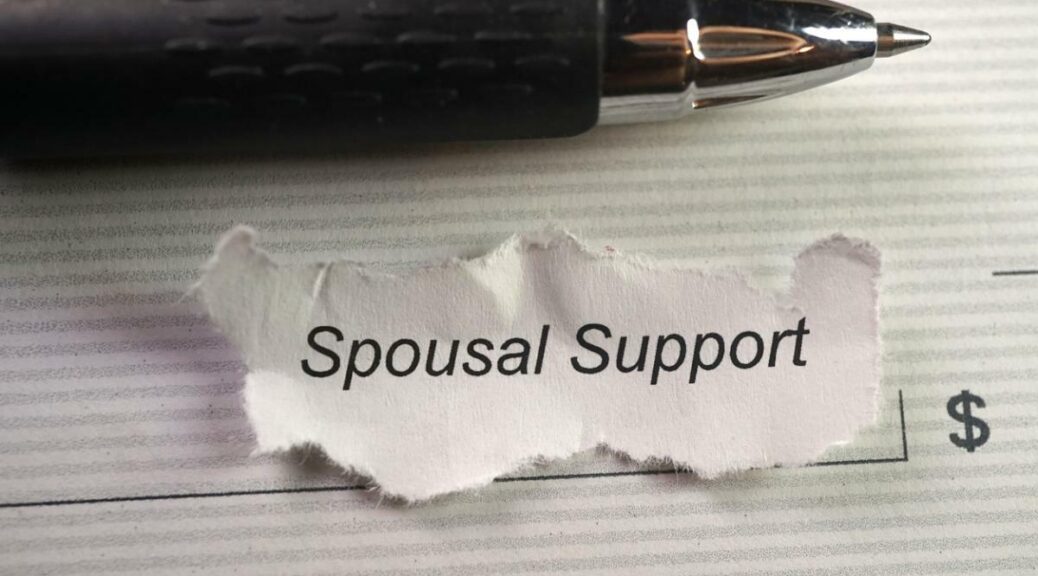Legal separation may be a good option for couples who are unsure about getting a divorce. However, it’s important to know that legal separation can come with significant financial responsibilities, including potential spousal support. If you need help understanding whether you have to pay or may need spousal support during a separation, Certified CA Family Law Specialist Judy L. Burger can help. She can share the information you need to make the best decision for your specific situation.
What is a Legal Separation?
A legal separation is a legal arrangement where a married couple lives apart while remaining legally married. This separation agreement addresses issues such as spousal support, child custody, visitation, and division of assets and debts. Legal separation can be a suitable option for couples who are uncertain about whether they want to pursue a divorce or for religious or financial reasons. It enables couples to live separately and manage their individual affairs while addressing practical matters similar to those in a divorce.
What Is Spousal Support?
Spousal support, also known as alimony, refers to the financial assistance provided by one spouse to the other during or after a divorce or separation. It is designed to help the recipient spouse maintain a standard of living similar to that enjoyed during the marriage.
Legal Separation and Alimony in CA
The amount of spousal support and the duration for which it is paid can vary widely depending on factors such as the length of the marriage, each spouse’s financial situation, earning capacity, and contributions to the marriage, among others. Spousal support can be awarded on a temporary or permanent basis, and it is an important aspect of many divorce proceedings.
There are two types of spousal support in California: temporary spousal support and permanent spousal support.
- Temporary support is alimony that is paid while a case is still pending and before a final order or agreement has been reached.
- Permanent spousal support refers to the support order determined at the end of the case. Despite the name, it does not imply an endless support agreement.
Legally separated spouses handle their finances similarly as they would in a divorce, except they cannot sell shared assets. One party often lacks the independent income to adequately support themselves. The court determines each party’s earning capacity and many other factors to determine the support agreement warranted. If there is a significant difference in income or potential earnings, the higher earner may be required to provide support.
These considerations are highly specific to each situation, so you need an experienced CA Family Law Attorney like Judy Burger to help you prepare for a support determination. She can work with you to formulate an equitable and fair support agreement that covers all the relevant factors of the case.
California’s 10-Year Rule and Alimony
In California, a marriage that lasts for ten years or more is considered “long duration,” giving the court indefinite jurisdiction over spousal support in cases of divorce or legal separation. However, according to Family Code 4336, periods of separation during the marriage may also be considered in determining the length of the marriage. This means that if a couple legally separates before the ten-year mark, it may impact whether their marriage is classified as long duration in the event of a future divorce. It can also impact how spousal support is determined during a legal separation proceeding a divorce.
Working with a Certified CA Family Law Specialist like Judy Burger is obviously in your best interests when considering a legal separation and possible spousal support issues. Whether you may need alimony or be more likely to pay spousal support in the event of a separation, you need to know your options and how to prepare. Schedule a consultation with The Law Offices of Judy L. Burger in California to get advice and guidance for your future.





